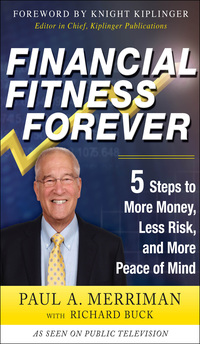Question
1. After Paul Manafort was sentenced to 47 months in prison for fraud (far less than the suggested range of 19.5 to 24 years), Paul
1. After Paul Manafort was sentenced to 47 months in prison for fraud (far less than the suggested range of 19.5 to 24 years), Paul Leighton, a professor of criminology at Eastern Michigan University, stated: "Judges and many in the legal system tend to see white-collar criminals - especially Caucasian white-collar criminals - as being good people who made a mistake, while the poor and minorities are more likely to have their crime seen as a reflection of their bad character." Professor Leighton also stated that white-collar criminals often get shorter sentences even though they have long patterns of criminal conduct. Assuming Professor Leighton is correct, what changes, if any, do you think should be made to the judicial system to prevent such disparities in sentencing criminal conduct?
2. Tax avoidance and tax evasion are similar but the latter can result in criminal penalties if fraudulent intent can be proven. Some view what is called "tax fraud" (fraudulently understating taxable income or overstating deductible losses) as a victimless crime. In some cases, it is simply overzealous accounting practices that aim to maximize shareholder profit. In other cases, it could be a patriotic challenge to excessive and unfair government taxation. Do you agree that tax fraud is a victimless crime and therefore punishment by prison is excessive? Why or why not?
3. An individual who suffers damage as a result of a company's fraudulent activity, could sue for fraud and recover monetary compensation if they prove their claims by a preponderance of evidence. On the other hand, criminal charges can only be brought by the government and they must be proven by a preponderance of the evidence, a much higher standard. Publicly available data shows that government prosecutions of white collar crime has been declining, possibly because it is hard for the government to prove fraudulent intent by a preponderance of the evidence. Which approach (private civil actions or criminal prosecutions by governments) do you think is more effective in deterring criminal activity in businesses, and why?
Step by Step Solution
There are 3 Steps involved in it
Step: 1

Get Instant Access to Expert-Tailored Solutions
See step-by-step solutions with expert insights and AI powered tools for academic success
Step: 2

Step: 3

Ace Your Homework with AI
Get the answers you need in no time with our AI-driven, step-by-step assistance
Get Started


